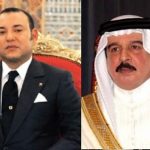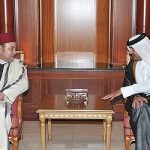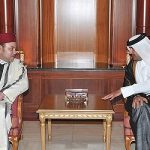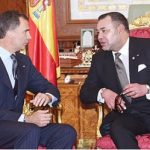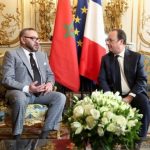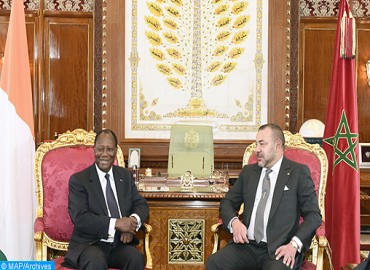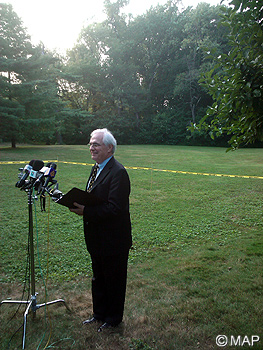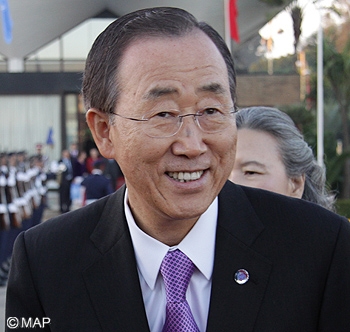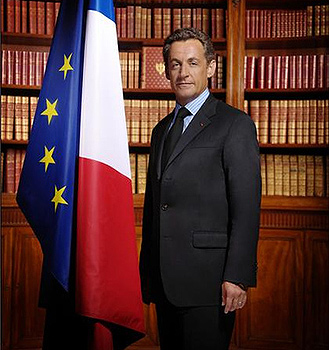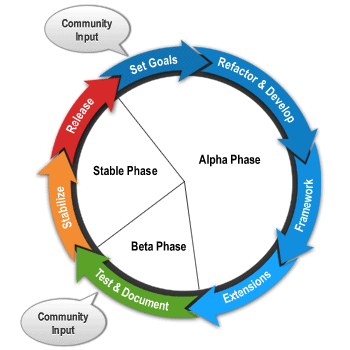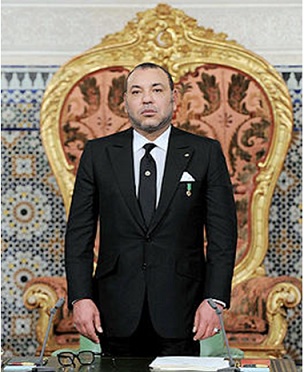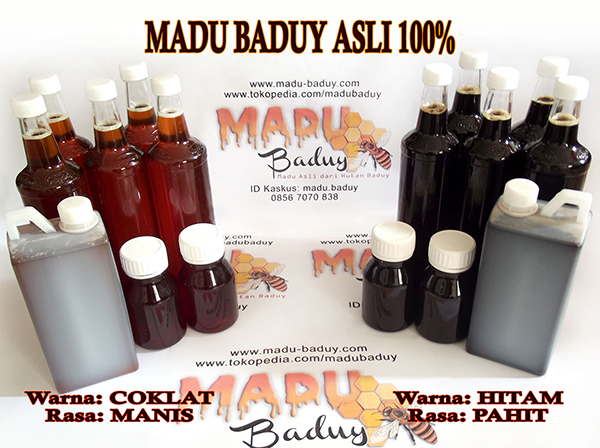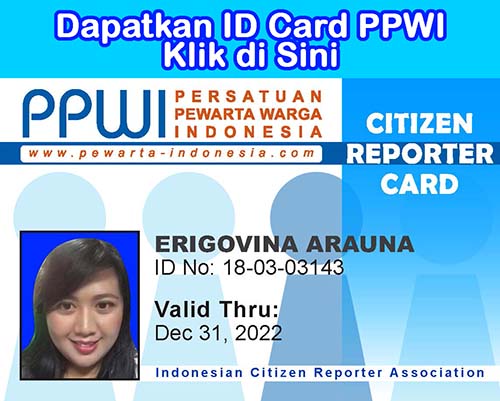20 Years of Reign of King Mohammed VI
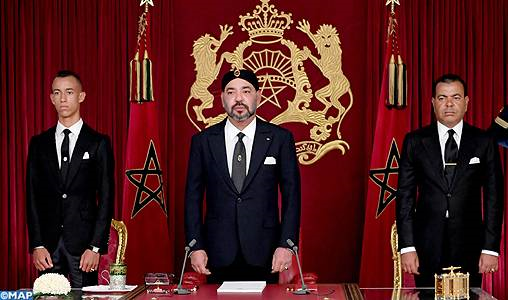
PERSISMA – Since his inauguration in 1999, King Mohamed VI has begun a series of major projects. His reign allowed political life to evolve towards modernity and democracy. A popular, federating King, guaranteeing political balance and refereeing influence games.
During the twenty years of his reign, the King was able to manage crises during the most difficult moments and was able to react in time.
Morocco has experienced, during the last twenty years, a series of political, administrative and legal reforms in the field of human rights: the removal of several reservations made about international conventions that Morocco had already ratified, the creation of a number of institutions working in the field of the promotion and protection of human rights, and a new Constitution was put in place thanks to a courageous and generous decision of King Mohamed VI. Through this constitution, Morocco has undergone very thorough reforms, such as expanding the scope of citizens’ rights and freedoms, the independence of the judiciary from the other executive and legislative powers, and strengthening the powers of the government and parliament. . The Amazigh language has been recognized as an official language in the same way as Arabic, having been valued in the early years of the reign of Mohammed VI with the creation in 2001 of the Royal Institute of Amazigh Culture (IRCAM).
For the women’s issue, King Mohammed VI placed the cause of women among the priorities of legislative and institutional reforms. In this context, the King is leading a remarkable process of modernizing the status of Moroccan women; as he emphasized in several speeches the need to promote the role of women. The reform of the family code was one of the biggest projects initiated by the King. This reform was born in October 2004, after a debate of society that lasted more than four years, between conservatives and modernists.
Regarded as King of the Poor, Mohammed VI made poverty one of the major concerns of his reign, launching the National Initiative for Human Development (INDH) on May 18, 2005, which aims to fight against inequalities, poverty and social precariousness. This human initiative undeniably helps to prevent latent radicalization among disadvantaged or marginalized populations.
At the international level, thanks to the sovereign, Morocco returned to the African Union (AU) in 2017, after having left the African organization (OA) in 1984. Moroccan diplomacy was particularly active and present in the Sahel countries. and West Africa. The Kingdom has also risen to the rank of the second largest investor on the continent after South Africa. This return to the African Union demonstrates Morocco’s will to defend its national cause and contribute to the development of the African continent.
Regarding the major projects of works and development, the years of reign of Mohammed VI saw the deployment of an important network of infrastructures: ports, highways, bridges, railways, industrial zones … Morocco s’ is fully involved in implementing the sovereign’s desire to establish an infrastructure capable of making Morocco a regional economic hub.

